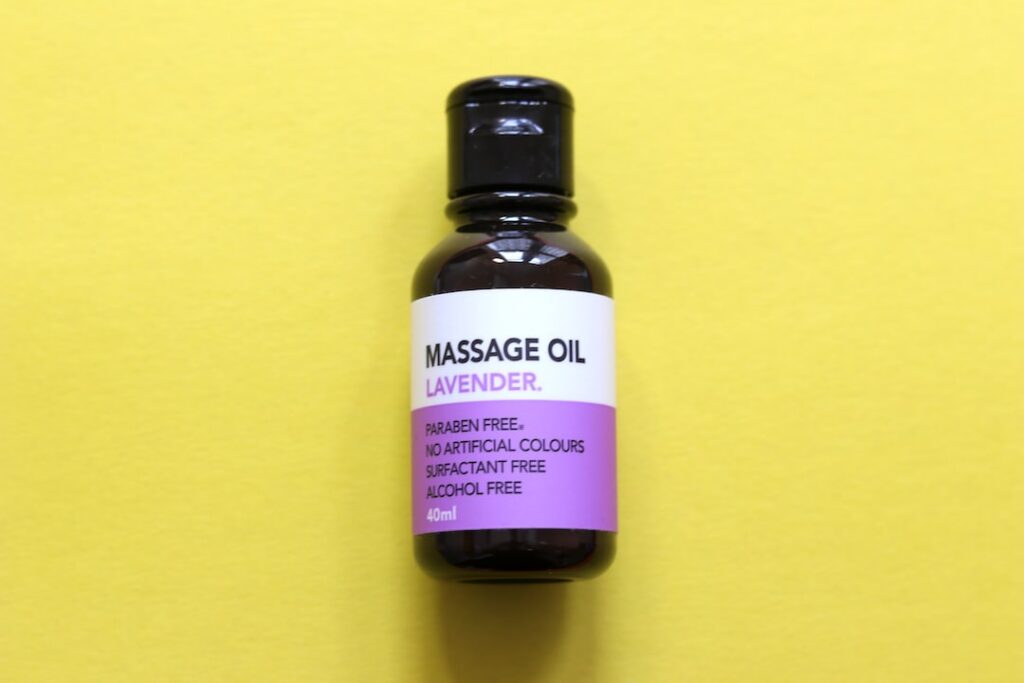Uncovering the Hidden Dangers: Scent Gland Tumors in Gerbils
Gerbils are adorable little creatures that make great pets. They are small, low-maintenance, and highly entertaining to watch. However, like all animals, gerbils are susceptible to health issues, one of which is scent gland tumors. These tumors, while relatively rare, can pose serious health risks to gerbils if left untreated. In this blog post, we’ll delve into the surprising statistics surrounding scent gland tumors in gerbils, how to spot the symptoms, and how to effectively treat them. Let’s ensure our little furry friends live happy and healthy lives!
The Shocking Statistics: Scent Gland Tumors in Gerbils
Surprising as it may be, studies have shown that up to 4% of gerbils may develop scent gland tumors in their lifetimes. This may seem like a small percentage, but considering the overall population of gerbils kept as pets, the number of affected animals is significant. It’s crucial for gerbil owners to be aware of this potential health issue and be vigilant in monitoring their pets for any signs of trouble.
Spotting the Signs: Recognizing Scent Gland Tumors in Gerbils
Physical Symptoms
One of the most common physical signs of a scent gland tumor in gerbils is the presence of a lump or swelling near the gerbil’s scent gland, which is located on the abdomen, near the hind legs. This lump may start out small but can grow rapidly if the tumor is not addressed.
Behavioral Changes
Gerbils with scent gland tumors may exhibit changes in behavior. They may become more withdrawn, lethargic, or show signs of discomfort when the affected area is touched. Furthermore, they may experience a decrease in appetite and grooming habits.
Skin Abnormalities
As the tumor grows, it can cause the skin to become red, irritated, or even develop ulcers. Additionally, the fur around the affected area may appear matted or unkempt due to the gerbil’s inability to groom itself properly.
Taking Action: Treating Scent Gland Tumors in Gerbils
If you suspect that your gerbil may have a scent gland tumor, it’s imperative to seek veterinary care promptly. A qualified veterinarian with experience in exotic pets should examine the gerbil and determine the best course of action.
Surgical Removal
In many cases, surgical removal of the tumor is the recommended treatment. This procedure should only be performed by a skilled veterinarian familiar with small mammal surgeries. While the idea of surgery may seem daunting, it can significantly improve the gerbil’s quality of life and increase its chances of survival.
Post-Surgery Care
After surgery, the gerbil will require attentive post-operative care. This may include administering medications, providing a clean and comfortable living environment, and monitoring the surgical site for any signs of infection or complications.
Applying Knowledge: Supporting Your Gerbil’s Health
Regular Health Checks
To catch potential issues early, it’s crucial to conduct regular health checks on your gerbil. Pay close attention to any changes in behavior, eating habits, or physical appearance, and seek veterinary care if you notice anything out of the ordinary.
Healthy Diet and Environment
A nutritious diet and a clean living environment are vital for maintaining your gerbil’s overall health and well-being. Ensure that your gerbil has access to fresh water, a balanced diet, and a clean cage with plenty of enrichment activities.
Bonding and Observation
Spending quality time with your gerbil not only strengthens your bond but also allows you to observe any subtle changes in its behavior or physical condition. Building a strong connection with your pet enhances your ability to notice early signs of potential health issues.
In Conclusion
Scent gland tumors in gerbils may not be as widely known as some other health concerns, but they can have serious implications for gerbil welfare. By understanding the signs and seeking timely veterinary care, gerbil owners can make a significant difference in their pets’ lives. Being proactive, observant, and responsive to your gerbil’s needs is key to ensuring they lead happy, healthy, and fulfilling lives as cherished members of your family.











